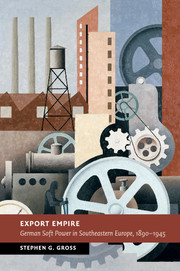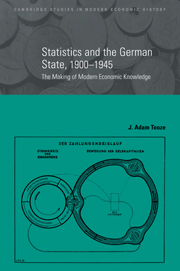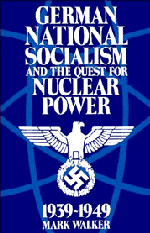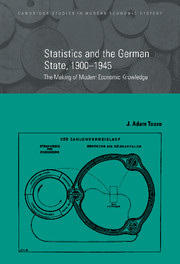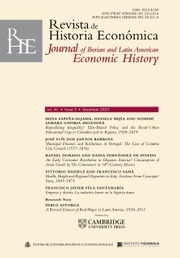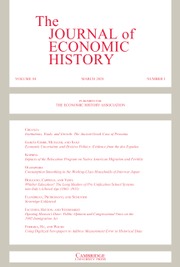Export Empire
German imperialism in Europe evokes images of military aggression and ethnic cleansing. Yet, even under the Third Reich, Germans deployed more subtle forms of influence that can be called soft power or informal imperialism. Stephen G. Gross examines how, between 1918 and 1941, German businessmen and academics turned their nation - an economic wreck after World War I - into the single largest trading partner with the Balkan states, their primary source for development aid and their diplomatic patron. Building on traditions from the 1890s and working through transnational trade fairs, chambers of commerce, educational exchange programmes and development projects, Germans collaborated with Croatians, Serbians and Romanians to create a continental bloc, and to exclude Jews from commerce. By gaining access to critical resources during a global depression, the proponents of soft power enabled Hitler to militarise the German economy and helped make the Third Reich's territorial conquests after 1939 economically possible.
- Provides a new framework for understanding foreign policy under Nazi Germany
- Applies a transnational approach to the Third Reich, illustrating the importance of soft power and sub-state networks and actors in the field of foreign affairs
- Compares Nazi Germany to other imperial projects, enabling readers to constructively compare modern empires inside and outside of Europe
Reviews & endorsements
'Overall, this is an extremely valuable book for economic historians as it underlines that the study of international trade and economic development cannot be separated from the broader power struggle during the period 1890–1945. In doing so, the book sheds light on the previously unknown mechanisms that contributed to the rise of German empire at the heart of Europe, a process which eventually led to the Second World War. In this regard, it is likely to remain a key reference work for years to come on German imperial and economic history.' A. Coşkun Tunçer, Economic History Review
'An absorbing portrait of German interest in Yugoslavia and Romania during the first half of the long twentieth century.' Patricia Clavin, The Journal of Modern History
Product details
February 2018Paperback
9781107531482
400 pages
228 × 150 × 22 mm
0.59kg
5 b/w illus. 1 map 32 tables
Available
Table of Contents
- Introduction: the foundations of soft power and informal empire
- Part I. German Power in the Wilhelmine Empire and the Weimar Republic:
- 1. The legacy of Wilhelmine imperialism and the First World War, 1890–1920
- 2. The economics of trade: building commercial networks in southeastern Europe, 1925–30
- 3. The culture of trade: cultural diplomacy and area studies in southeastern Europe, 1925–30
- 4. The politics of trade: Paneuropa, Mitteleuropa, and the Great Depression, 1929–33
- Part II. Nazi Imperialism:
- 5. Stabilising the Reichsmark bloc: commercial networks in the Third Reich, 1933–9
- 6. Economic pioneers or missionaries of the Third Reich? Cultural diplomacy in southeastern Europe, 1933–9
- 7. Forging a hinterland: German development aid in the Balkans, 1934–40
- 8. The Second World War: informal empire transformed, 1939–45
- Conclusion: imperialism realised?

